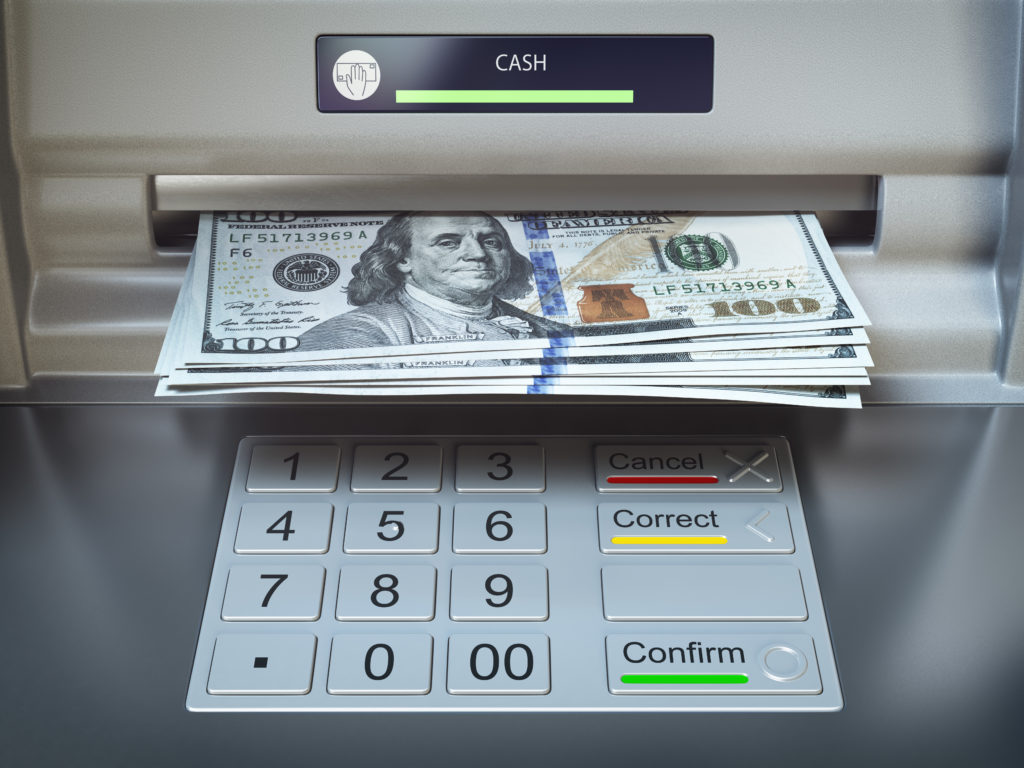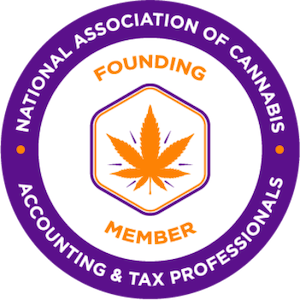Many states in the U.S have legalized marijuana for medical and recreational purposes, making it a multibillion-dollar industry. Plant touching operations, like dispensaries, enjoy a steady cash flow under perfectly legal and licensed state laws. However, federal law still categorizes cannabis as a Schedule 1 drug, causing issues regarding banking and customer payment methods.
Have you ever wondered what dispensaries do with all their cash? Follow along for some insight into how these operations manage cash flow.
Why Do Dispensaries Take Only Cash?
Classifying marijuana as a Schedule 1 drug makes it difficult for most banks to service dispensaries. At the federal level, this is considered illegal, and banking institutions must comply with such law. Banks mostly fear criminal prosecutions under federal laws especially aiding and abetting, including money laundering. This locks many dispensaries out of the banking system, leaving them to deal with cash directly.
Federal laws still consider marijuana like other high-risk substances such as opioids. In this case, the regulatory parameters lay a heavy and expensive compliance burden on banks, making it difficult and risky to deal with cannabis dispensaries.
The legalization of medical marijuana is still growing across many states in the U.S, piling pressure on federal lawmakers to allow banks and credit card companies to provide services to these dispensaries. However, the bank’s unwillingness to associate with a marijuana business for fear of penalty has led to the enactment of the SAFE Banking Act.
SAFE Banking Act
The House of Representatives enacted the SAFE Banking Act in 2019, also cited as the Secure And Fair Enforcement Banking Act. Its primary purpose is to protect banks and other depository institutions offering financial services to legitimate marijuana dispensaries and related businesses.
The statute will allow banks to provide services to legal cannabis companies, removing the barrier in such businesses. It also states that proceeds from marijuana dispensaries and other related activities shouldn’t be considered illegal and requires federal regulators to establish supervision rules for such activities.

What Kind of Banks will take on Cannabis Clients?
Banks with robust and well-established regulatory compliance programs can take cannabis clients. The banks should also comply with FinCEN guidance 2014 (Financial Crimes Enforcement Network). It clarifies how banks and other financial institutions should provide services to cannabis dispensaries and other related but legitimate businesses.
For banks to offer services, marijuana businesses must comply with the Bank Secrecy Act (BSA) obligations. Banks must also follow the Suspicious Activity Report (SAR) filing requirements to offer services. The report provided by the banks must also align with the federal requirements and laws.
Since no major banking setups are willing to serve the cannabis industry, getting services from smaller institutions such as credit unions is worth considering. But how do you open a dispensary account?
Opening a Dispensary Bank Account
Opening a dispensary bank account is the same as other businesses. However, there are a few things to consider and clarify.
- Accurately state that you run a legitimate cannabis dispensary and provide the needed proof.
- Find out if they have any capacity limitations or restrictions, especially on deposits.
- It’s also highly recommended to consider the operating, maintenance costs, and customer service. Make sure there are no additional charges.
After opening, ensure you maintain regular communication to comply with every necessary and legal requirement keeping your account in good standing. Since this is a multibillion-dollar industry, there is a high cash flow.
Given the banking barriers, cash flow management is a problem with dispensaries. Without a bank account, cannabis dispensaries are exposed to serious risks. They are left with no other option but to deal with vast amounts of cash on a regular basis.
Disadvantages of Working with Cash Only
- Criminal Targets
Due to the significant cash flow in these dispensaries, handling large amounts of money on site is risky. Criminals target cannabis dispensaries since they directly deal with cash.
- Funding Problems
When such businesses need financing to expand, a financial institution or investors cannot get reliable records to verify or prove their credibility since they deal with cash only.
- Higher Operating Costs
The cost of keeping the cash safe is always high in these dispensaries. The cost of providing solid safes and the process of counting, recording, and transporting is usually high.
- Reduced Efficiency
Banks offer electronic systems that make transfers easy, quick, and safe. It also makes your bookkeeping tidier and more efficient. However, dealing with only cash makes such a process hectic and inefficient.
Bottom Line
For more information on cannabis banking, check out our Cannabis Banking Guide!
Are you a dispensary owner looking for banking, finance, or accounting assistance? Contact Green Space today for a FREE 30-minute consultation and learn how we can put practical solutions in place!

Cannabis Risk Management Accounting For Dispensaries
As dispensary owners, you have several responsibilities and you occasionally wear different hats in your business. This is hard to juggle, especially if you don’t

Best Cannabis Tax And Accounting Services In Maryland
If you’re a dispensary or cannabis owner looking to minimize your potential fines or fees accruing from local authorities, then you have come to the

Master Cannabis Cost Accounting For Dispensaries: Key To Profitability
Your costs are part of operating your dispensary. They will always be there, regardless of the stage that your business is under. Knowing how to

Cannabis Business Tax Help in Maryland: Navigating Taxation Challenges
Taxes are a little challenging to understand and manage, especially if you are in the cannabis industry. The industry has a set of regulations your

Financial Services Offered In The Cannabis Industry
Financial services offered in the cannabis industry can provide cannabis companies security or protection for their money. Many owners practice cash handling practices that can

Managing Cash Flow For Cannabis Businesses: Easy Practices
Managing cash flow is a challenge if you’re trying to maintain it for financial stability. Without a stable cash flow system in place, your business




